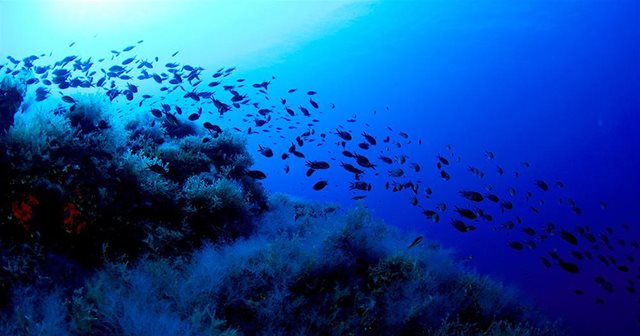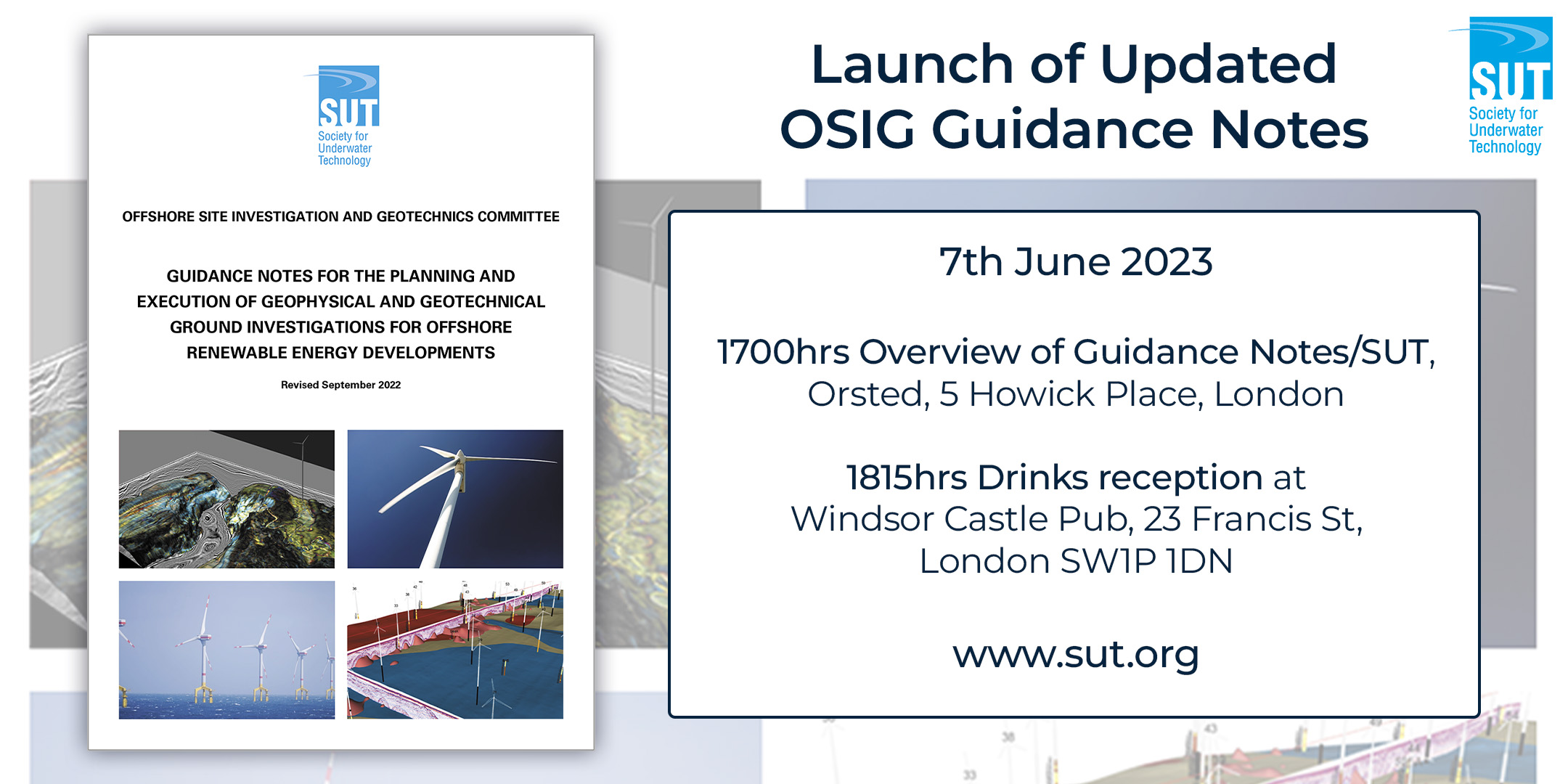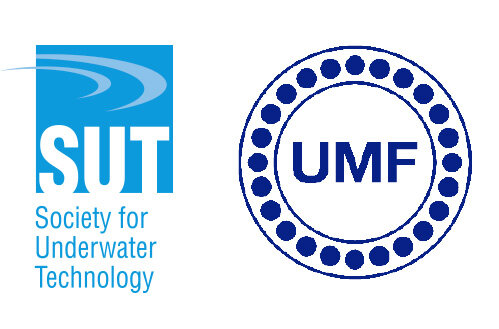The Society for Underwater Technology – OSIGp invite you to their:
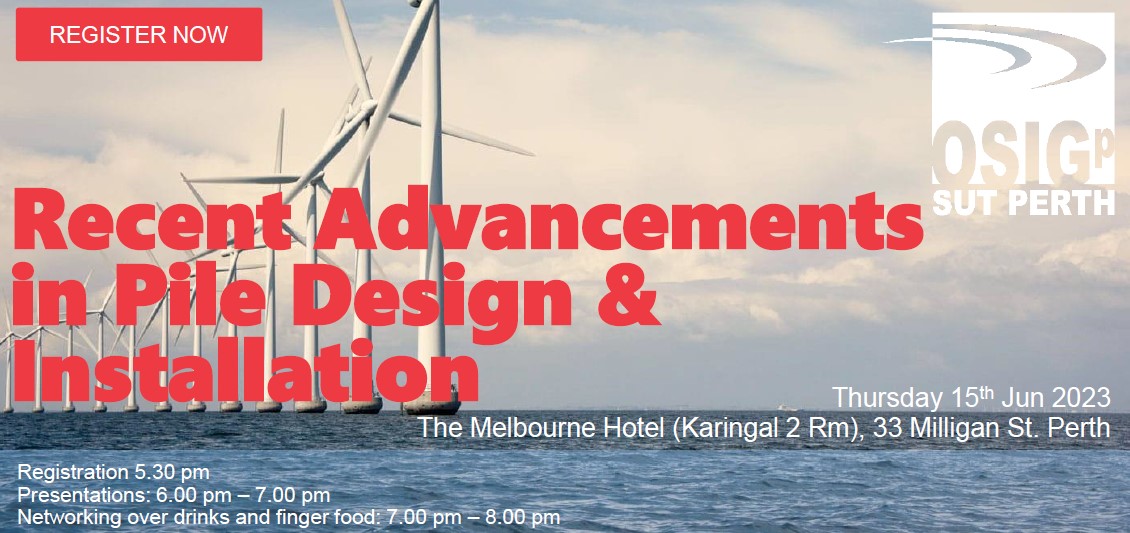 Recent Advancements in Pile Design & Installation
Recent Advancements in Pile Design & Installation
Date: Thursday, 15 June 2023
Venue: The Melbourne Hotel – Karingal Room 2
Address: 33 Milligan St, Perth, Western Australia
Time: 5.30pm – 8.00pm **Drinks & finger food provided**
1. New proposed ISO/API unified CPT-based Method for Axial Pile Capacity
Prof. Barry Lehane, Professor of Geotechnical Engineering, The University of Western Australia
Offshore foundation costs are motivating the offshore energy sector to find better design methods. This presentation summarizes an industry project leading to ISO-19901-4 (CPT-based) design methods for driven pile axial capacity. The basic mechanisms supporting the format of the expressions proposed for shaft friction and end bearing in sands and clays are described. It is shown how these expressions, which are calibrated against a database of the most reliable load tests reported in the literature, lead to better predictions of capacity of this database compared to other methods and also lead to good predictions for a separate database of load tests involving piles driven into deposits comprising interbedded layers of sand, silt and clay.
2. New CPT Design Method for Axial Capacity of Screw Piles in Sand
Eduardo Bittar, Senior Geotechnical Engineer, Arup
Screw piles are commonly used for low and medium-rise construction and are ideal when resistance to significant uplift loads is needed. Their ease of removal, low noise, and quick installation have led to increased use in solar farms and sparked interest in offshore wind applications, driving a need to improve design methods. This presentation offers a simple method to predict screw pile capacity and required installation torque using CPT data.
3. Avoiding Pile Free Fall in Offshore Design
Carl Erbrich, Technical Director, Fugro
Pile free-fall is a danger for offshore pile foundation design. It happens when a “hard layer” that can support the weight of a pile is followed by a “soft layer” that cannot. Once the pile goes through the hard layer, it drops uncontrollably until the soil can stop it. The talk will show that even soil without this stratigraphy can cause free-fall due to drainage, remoulding, and water entrapped. The talk will give an overview of relevant mechanics and risks involved in pile installation assessments currently not appreciated by the industry.
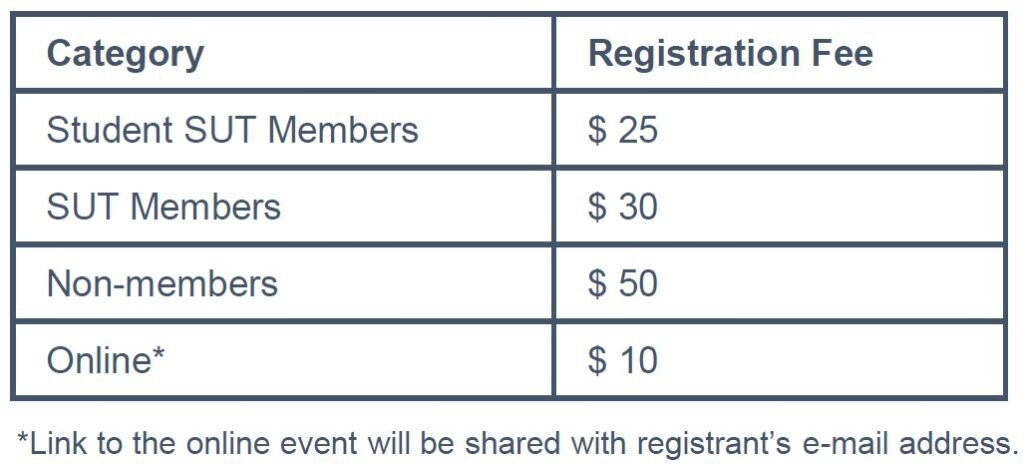

To view the flyer, click OSIGp FLYER – Recent Advances in Pile Design & Installation.
For further enquiries, please contact OSIGp directly by emailing:
Eduardo Bittar ([email protected])
Thank you to our event sponsors:
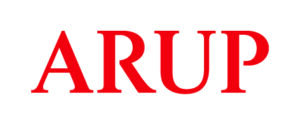
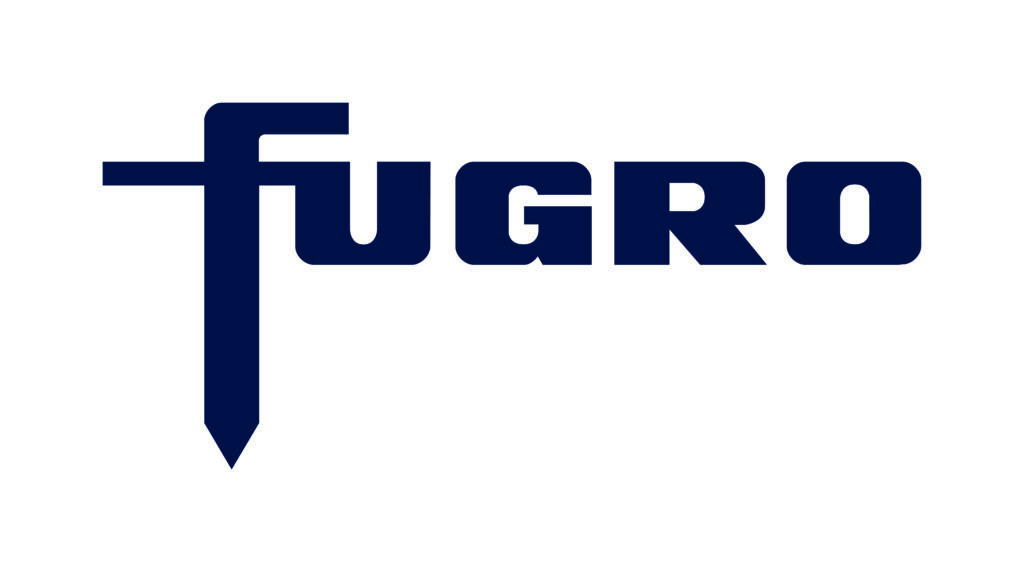
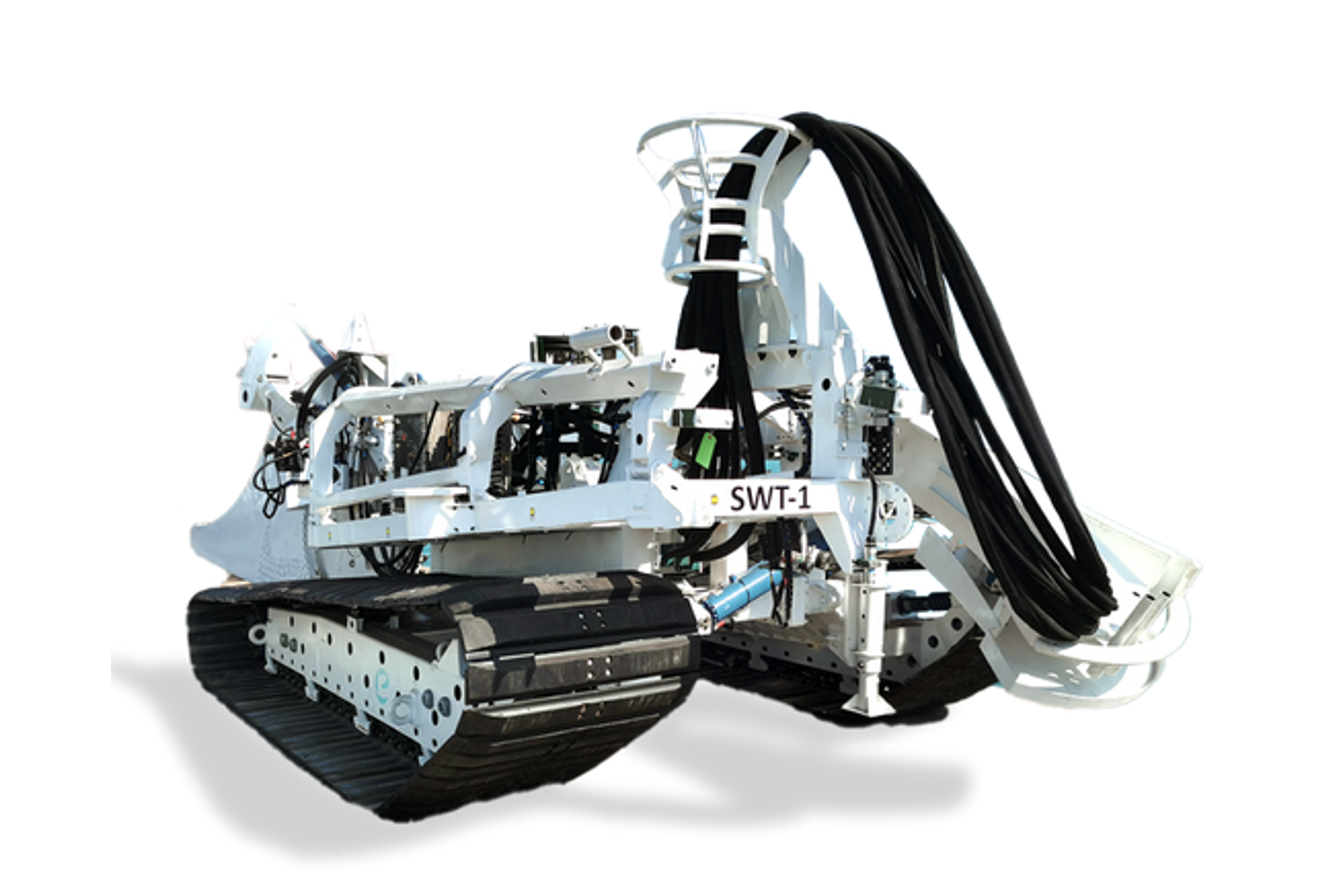

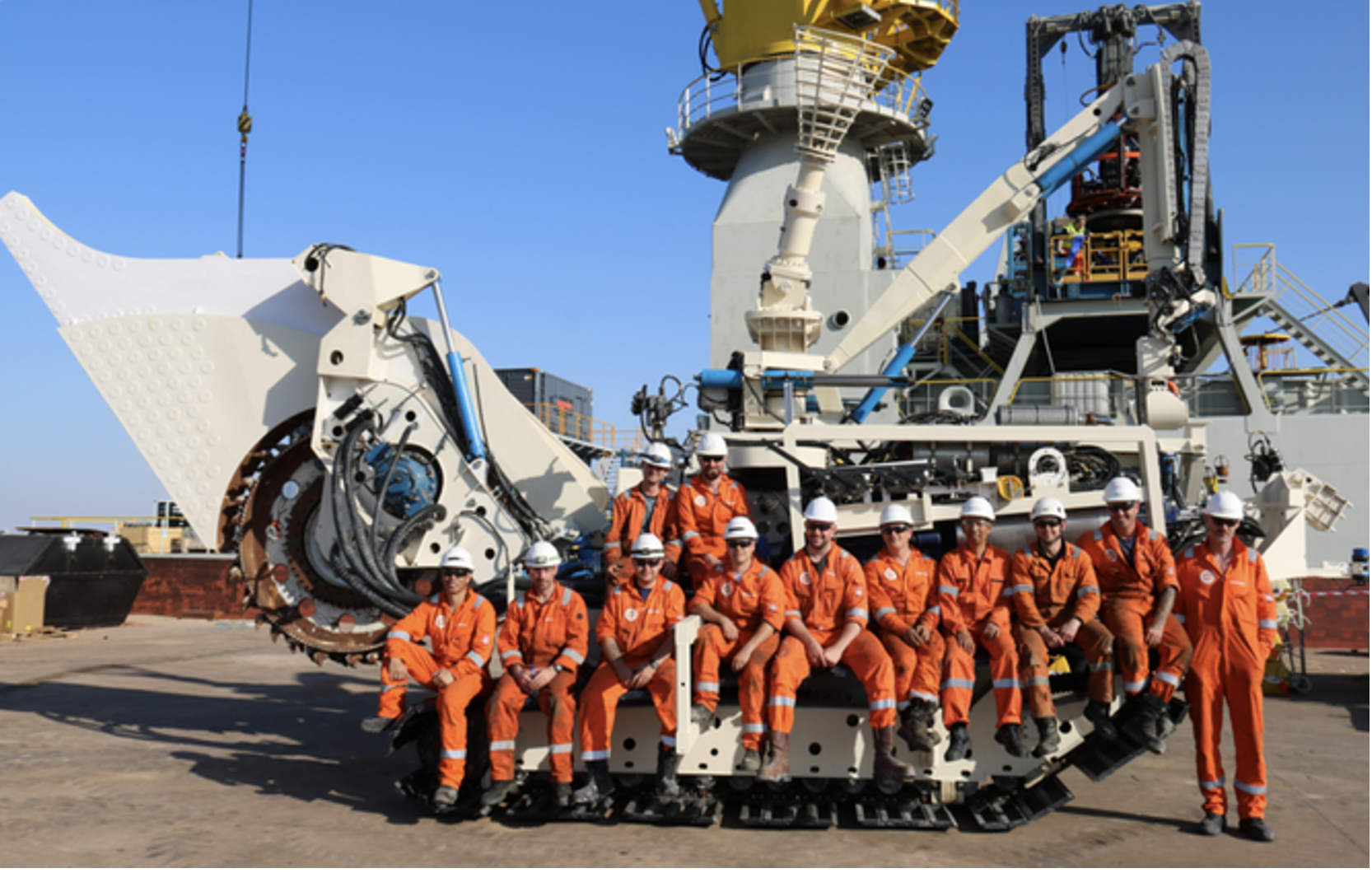

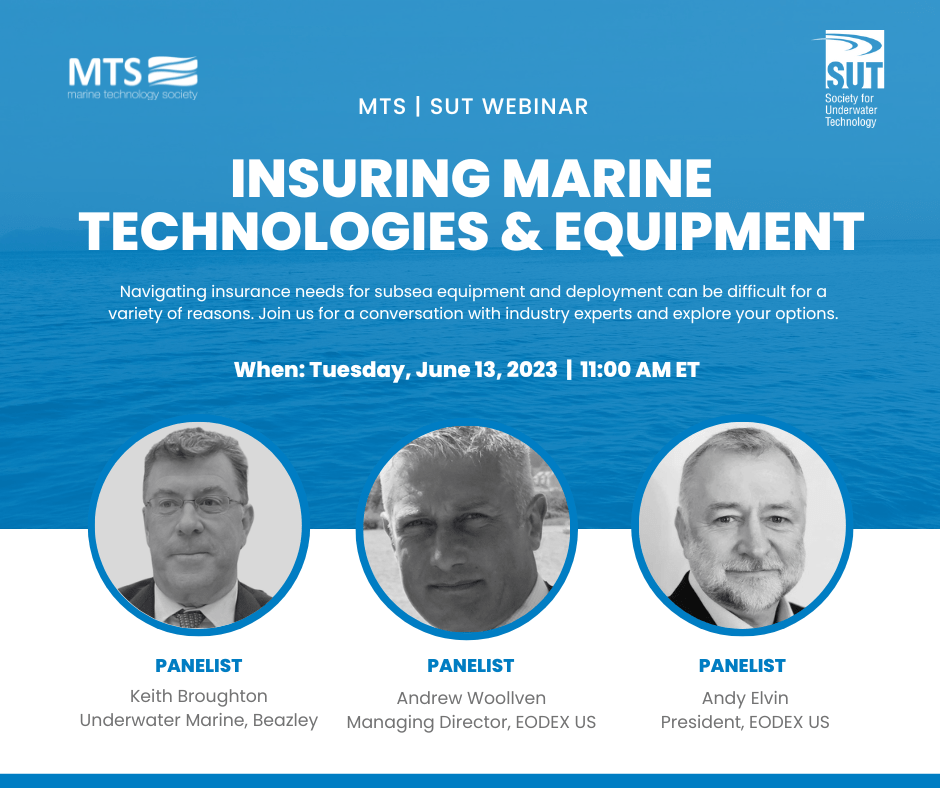







)
